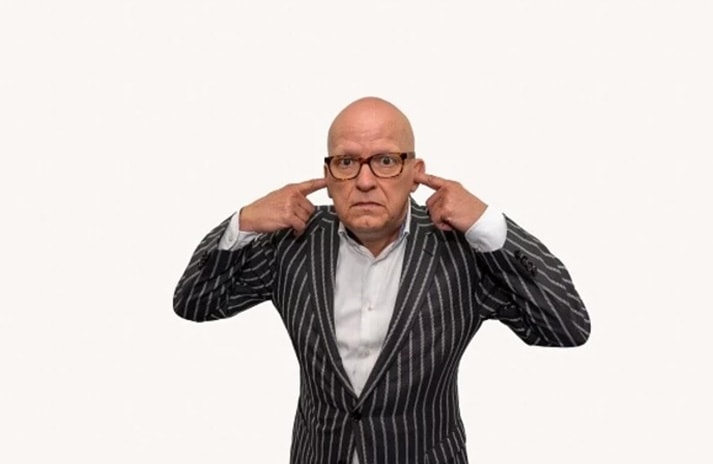How many times has someone found out I have migraine and they immediately offer me their solution.
I’ve been told:
- You should get your eyes tested
- You should try acupuncture
- You should try Chinese medicine
- You should try ayurvedic medicine
- You should try these special supplements, that my wife has a business in
- You should go to a chiropractor
- You should go to an osteopath
People want to help, they really do (except maybe the guy pushing his wife’s supplements, who got offended when I politely declined them). But I’ve tried all of those things (except the special supplements), and none of them have worked for me.
I’ve tried just about every prescription preventive medication I can get my hands on, and none of them have worked either (except maybe one – more on that another time). I’ve tried vitamins and other supplements that have the potential to help with migraine. I’ve tried diets that eliminate gluten, dairy and tyramine. They’ve made no difference. I’ve found things that help me manage, like biofeedback, yoga, a TENS machine, exercise and a regular sleeping routine, but none of these things have made the migraine attacks go away.
No one wants to hear that their go-to therapy doesn’t work. It’s too scary, too confronting. It brings up the reality that there is suffering for which there is no cure. That this type of suffering exists in our first-world, safe, comfortable country is always an uncomfortable truth.
So, people come up with more suggestions. I’ve been asked:
- Should you be eating that cheese?
- Should you be eating that chocolate?
- Should you be exercising?
- Should you be carrying that heavy bag on your shoulder?
- Should you be going to [insert place] that has bright or flashing lights?
All those ‘shoulds’ are enough to make my head implode. Like most people, I hate being told what I ‘should’ or ‘shouldn’t’ do. And these suggestions (which feel like judgements) aren’t very relevant to me. Chocolate, cheese or flashing lights don’t trigger migraine attacks for me; I find exercise stress-relieving, like a meditation.
I know people mean well (mostly). But rather than tell me what to do, this is what I’d prefer. Take the time to listen to my story and my experiences. Take the time to understand what migraine is, what causes it, how it affects people. I don’t always have the energy and mental capacity to educate everyone around me, so do your own research. Find out how it affects me – ask questions before offering advice. In fact, don’t offer advice unless it’s wanted or asked for, which is a general principle that works well in any relationship. Respect the efforts I have made already in trying to keep this disease under control. It’s okay not to have a solution or an answer – nobody else does either.
Sometimes all I need to know is that I’m still a worthwhile human being even when I have to go to bed with a migraine, I have to miss work or an outing, I’m grumpy and miserable with the pain or I can’t string a sentence together because I can’t find words. I don’t need another suggested miracle cure. I don’t need to feel blamed because I haven’t done the right thing, I haven’t tried hard enough, or I’ve done something wrong, and have brought this pain upon myself. I just need a bit of empathy and kindness.
Dr Fiona Imlach, co-founder of Migraine Foundation Aotearoa New Zealand


